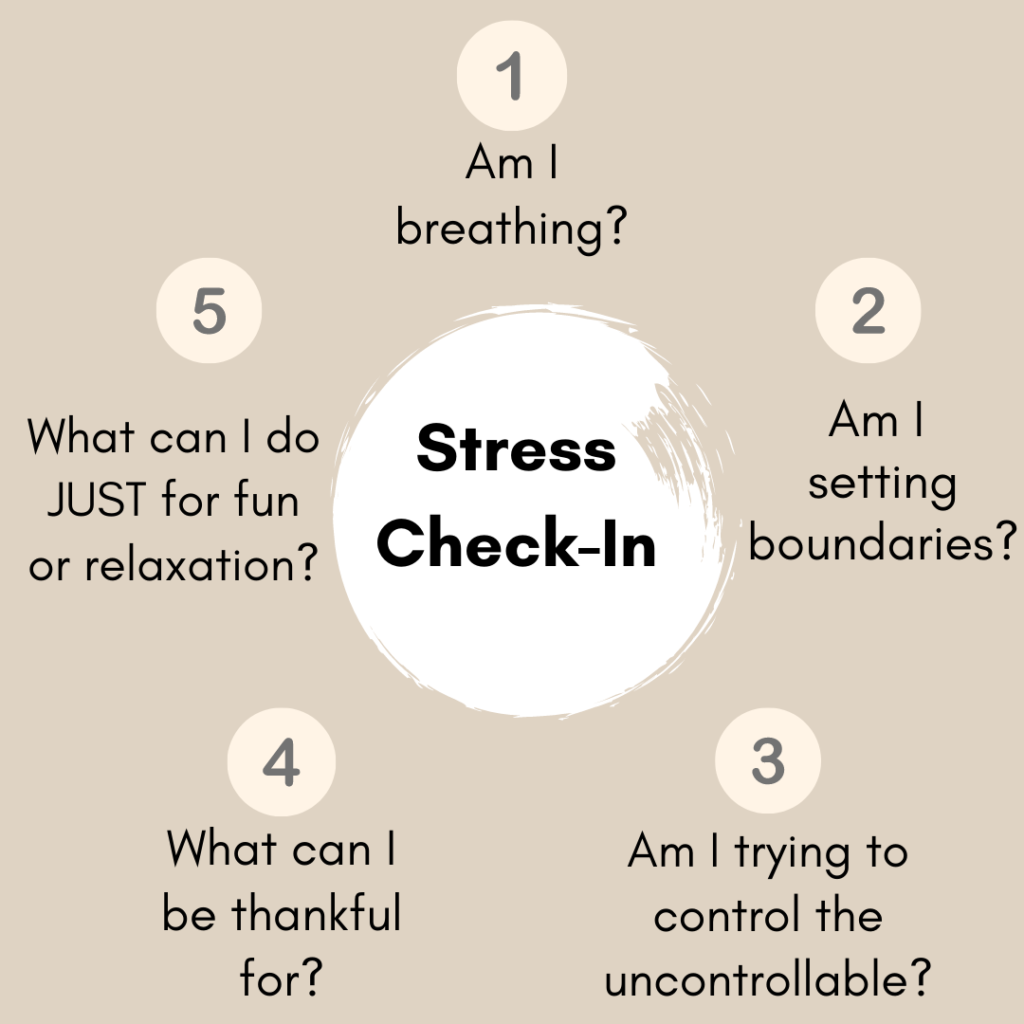This year has been a historically stressful one, to say the least.
Many of us have felt it in our gut. Literally. That’s because stress has a significant impact on gut health.
The medical literature continues to confirm that the gut-brain axis is very real. Chemical messengers are traveling back and forth all day long between your brain and gut, meaning they are in constant communication. Some of the ways stress hormones can alter your gut health are by…
- Directly affecting the make-up of your gut microbiome (community of gut microorganisms) by shifting the balance more towards the “bad” guys.
- Suppressing digestive secretions such as stomach acid and enzymes as well as GI motility, i.e. the way food moves through your gut.
- Redirecting blood away from the digestive system.
- Increasing intestinal permeability, sometimes known as “leaky gut”.
- Suppressing your immune system, the majority of which is in your gut.
But enough of that, because sometimes it just creates more stress to discuss the physiological effects of stress!
The takeaway? Learning how to recognize and hopefully lessen our stress can greatly support our gut health! If you struggle with stress, know you are very much not alone. It’s something I’m working on CONSTANTLY.
When you’re feeling frazzled, overwhelmed, frustrated, or burned out, the following questions can be a helpful check-in. If it feels like too much to think of all five, by all means just pick ONE!

- Am I breathing? Usually the first thing to go in stressful situations is our breath. Breathing exercises can be helpful, but a good place to start is just by taking three deep breaths before a meal, which can help shift you into “rest and digest” mode.
- Am I setting boundaries? Are you respecting your need for rest and space? How about your mental/emotional bandwidth? This can relate to your relationships or your job, but just as importantly it can be about setting boundaries with yourself. In fact, as a small business-owner, I find it most challenging to set boundaries with myself. No one else is defining my work hours, meaning I can technically keep working all day long. I have had to set and hold myself to “non-working” time to ensure I’m taking breaks for my well-being.
- Am I trying to control the uncontrollable? If you’re human, it’s pretty uncomfortable to feel out of control. Many times, stress and anxiety can stem from our fear of the unknown or future happenings that are beyond our control. A helpful question to ask in these situations is, where can I let go?
- What can I be thankful for? Because it’s hard to be both stressed and grateful at the same time. For example, I had an unexpected $500 worth of car maintenance come up yesterday. Not the news I wanted. However, I was able to displace some of my stress reaction by bringing in gratitude about even having a car or the fact that we have a neighborhood mechanic, meaning we can walk to drop it off and pick it up. In the moment, when everything feels like absolute dirt, you may have to dig for the thankfulness, but when you find it, it sure does help.
- What can I do JUST for fun or relaxation? It doesn’t have to be right NOW, but even planning for when you can do something for no other purpose than enjoyment or pure relaxation can be a very effective antidote to stress. It doesn’t have to be an elaborate vacation to Costa Rica (although that sounds great too) or a serene yoga retreat you see some social media influencer talking about. If you’re really strapped for time, it can be something as simple as taking ten minutes out of your afternoon to enjoy a cup of tea all to yourself. Or it could be playing with your dog after work, taking a bath, having a mini dance party, watching a funny movie… whatever it is that helps put a smile on your face and shift your perspective.
This exercise is easily accessible, free, and there whenever you need it. And again, if you feel one of these questions especially resonates with you, choose to focus on just that for now.
Stay well, everyone.
References:
Carabotti M, Scirocco A, Maselli MA, Severi C. The gut-brain axis: interactions between enteric microbiota, central and enteric nervous systems. Ann Gastroenterol. 2015;28(2):203-209.
J.A. Foster, L. Rinaman, J.F. Cryan. Stress & the gut-brain axis: regulation by the microbiome. Neurobiol. Stress, 7 (2017), pp. 124-136
Karl JP, Hatch AM, Arcidiacono SM, et al. Effects of Psychological, Environmental and Physical Stressors on the Gut Microbiota. Front Microbiol. 2018;9:2013. Published 2018 Sep 11. doi:10.3389/fmicb.2018.02013
